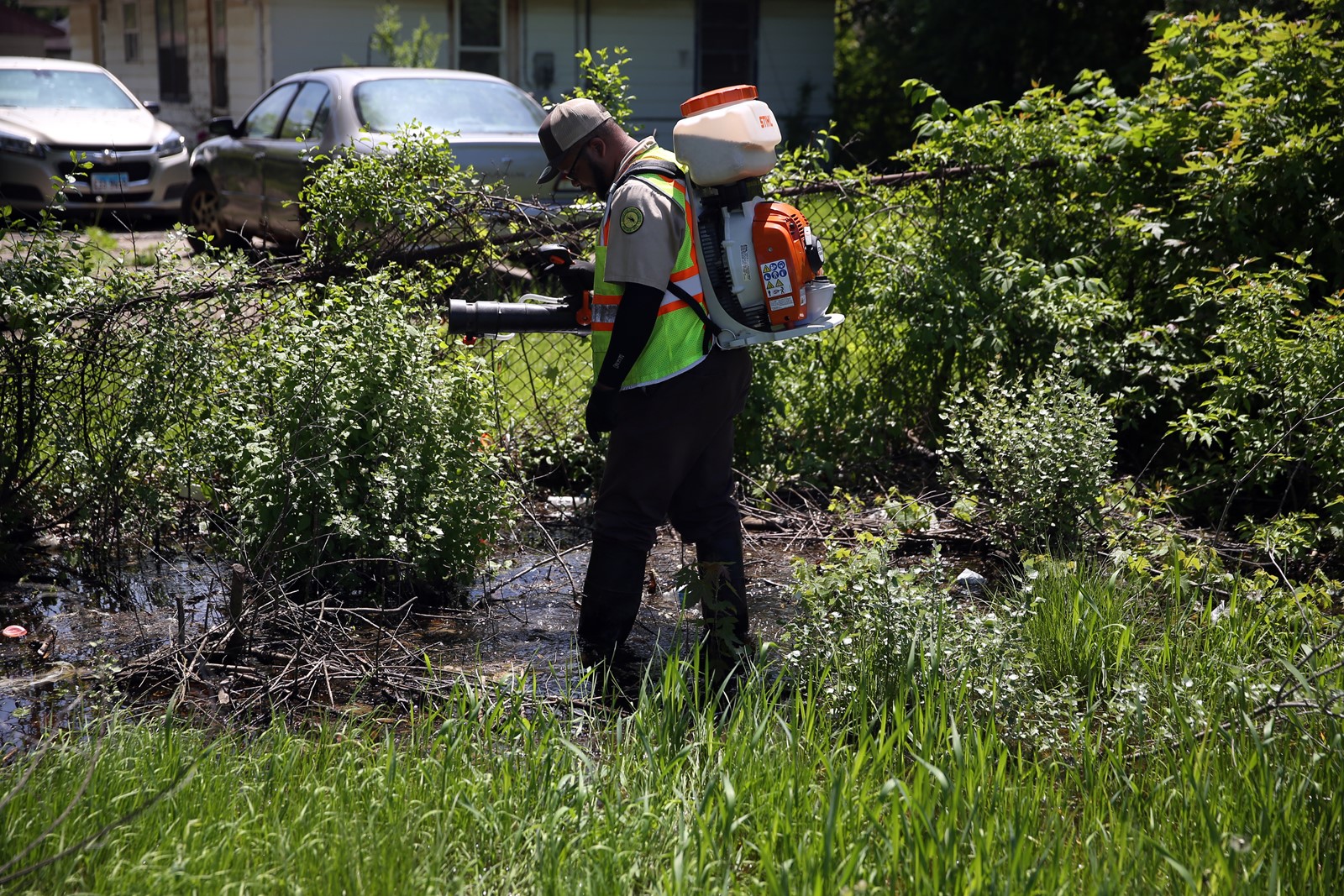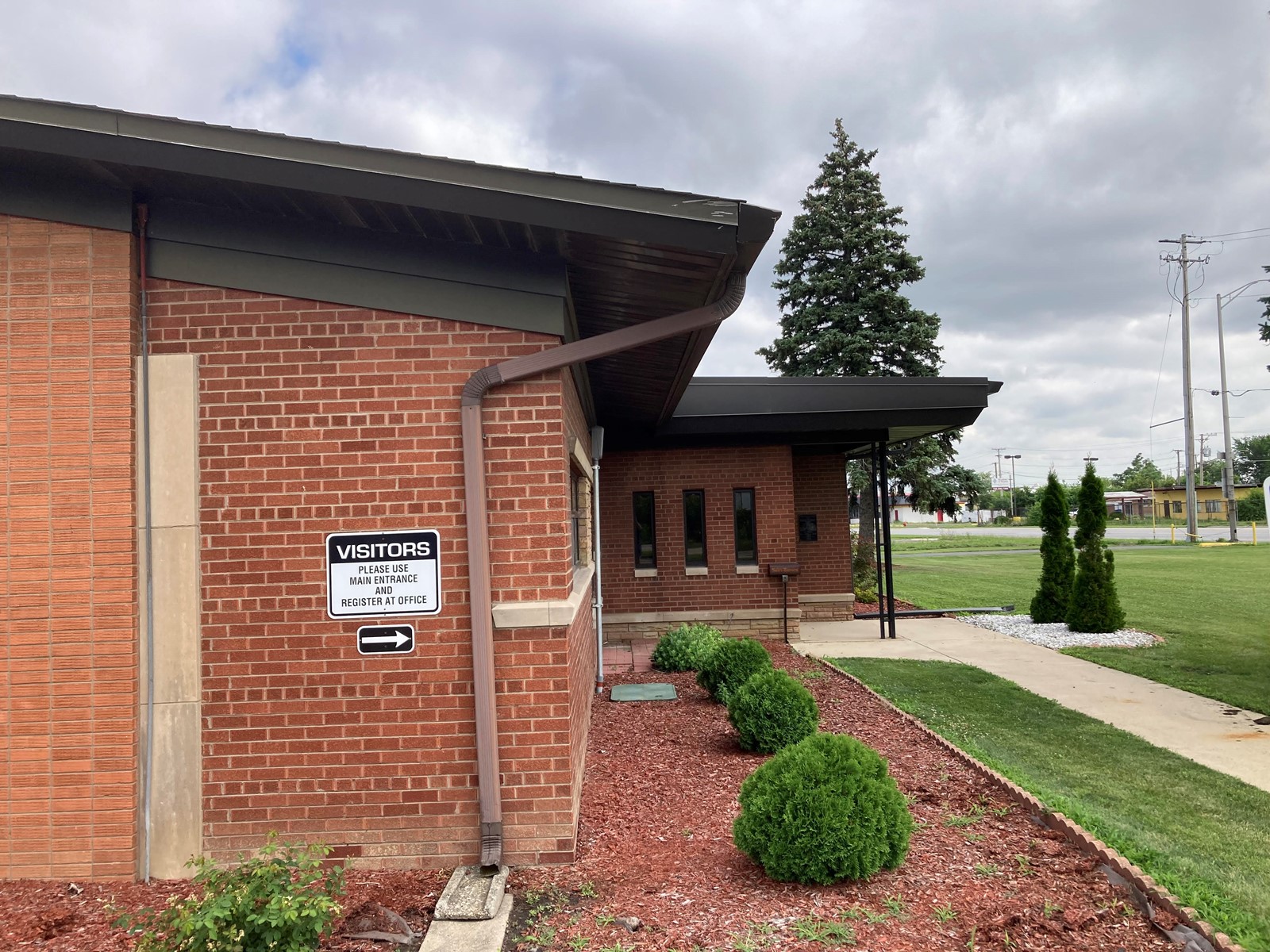

Misspending at a taxpayer-funded mosquito control district serving the south and southwest suburbs continues years after Cook County officials were urged to put a stop to it, a report of the Cook County inspector general says.
The July 15 report says district trustees, whose jobs are supposed to be voluntary, are being paid, though the sums are relatively small.
The Cook County Office of the Independent Inspector General report said some trustees whose terms expired continue to serve. The Cook County Board made one appointment of a new district trustee, the report states, and the appointment of a second will be heard by the County Board July 24.
The South Cook County Mosquito Abatement District, the largest of four districts in the county’s suburbs tasked with keeping mosquito populations under control, has also been criticized by groups such as the Civic Federation, which stated in March all four districts should be dissolved.
The district’s existence is barely noticed by property owners, who may only recognize it as being a small part of their property tax bills.
Property tax revenue accounts for most of the district’s funding, and in 2022 the district collected $4.1 million in property taxes, according to the Civic Federation.
The South Cook district is headquartered in Harvey and covers 340 square miles, responsible for mosquito control in the townships of Bloom, Bremen, Calumet, Lemont, Orland, Palos, Rich, Thornton and Worth, an area taking in more than 50 south and southwest suburbs. The district also takes in a portion of Chicago south of 87th Street.
It also has buildings in Orland Park and on Chicago’s South Side for keeping vehicles assigned to particular regions.
The district has management personnel on staff along with field employees working in different geographic districts, according to its website.
The county inspector general, in a December 2021 report, found mismanagement in the district and improper payments made to district trustees.
Trustees breached their fiduciary duty to Cook County by paying themselves for attending board meetings in violation of state law, the inspector general’s report said.
Payments made under the guise of board member travel expenses continued after the inspector general’s report was presented to the Cook County Board in January 2022, the recent report states.
In that earlier report, the inspector general recommended all abatement district trustees resign and reimburse the district “for monies they had wrongfully paid themselves.”
The amounts trustees were paying themselves were not enormous, but they continued after the first IG report, according to the July 15 report.
Between Jan. 1, 2017, and the end of last year, trustees paid themselves $34,100 in “travel expenses,” according to the recent report.
District trustees do receive a legitimate monthly payment of $100 for travel expenses, such as going to and from board meetings, according to the inspector general.
Trustees on the South Cook County and other mosquito abatement districts are appointed by the Cook County Board president, with consent of county commissioners.
The IG noted board President Toni Preckwinkle lacks the legal authority to fire the board members because the mosquito abatment districts are separate governmental taxing bodies.
The IG had also recommended the County Board eliminate the “travel expenses” paid to trustees to attend regular and special board meetings.
A spokeswoman for Preckwinkle said in an email her office takes inspector general’s findings seriously and has reviewed the report and its recommendations.
“The administration has been working to identify qualified candidates for potential new appointments to replace the members sitting in expired terms as well as fill the current vacant position,” the statement reads.
“In securing new appointees, our priority remains ensuring that all appointees uphold the highest standards of accountability, transparency and service to Cook County residents.”
Last month, the board appointed Shonda DeVasher-Williams to take the place of Lamarr X. Miller on the mosquito board. Miller was president and is on the Calumet City School District 155 Board.
The County Board is due to take up the appointment of Jonathan Mark Currin to the mosquito board on Thursday, to take the place of Trustee Ray Warner, according to Preckwinkle’s office.
Longtime abatement district Trustee Chuck Givines, who said he has been on the board for 20 years, defended the district and said it shouldn’t be done away with.
“We work very hard,” he said Friday of the district’s 39 employees.
Givines, 89, is former Harvey alderman and is also on the Dolton Riverdale School District 148 Board.
There have also been regular calls over the years to do away with mosquito abatement districts as part of a broader effort to trim Illinois’ many taxing bodies.
This past March, a Civic Federation report recommended “that these anachronistic special-purpose governments be dissolved” and absorbed into Cook County government.
The Civic Federation is a business-supported watchdog group best known for its analyses of local budgets.
“There is no compelling reason to maintain a separate taxing body to perform a service that could be more efficiently and transparently provided by the Cook County government,” the report said.
The Civic Federation recommended the four districts become part of the Cook County Health and Hospital System, which could take over abatement duties.
To accomplish this, the boards of the districts could vote themselves to dissolve, a far-fetched scenario, or residents could vote on a referendum to eliminate the district, the Civic Federation said.
Givines said having the county take over duties takes away local control.
Givines said he has been reappointed to the abatement district six times, and that he wants to step down when his term expires in November.
“People stay so long they think they are the only one that can do this job, and that is wrong,” he said.
The Civic Federation criticized the south suburban district for not being as transparent as some of the other districts in terms of making information available to the public.
It said the district does not provide annual reports, notices of public meetings, budgets or audited financial statements.
The inspector general’s recent report also faulted the district for not using social media, such as Facebook, to inform the public about what it does, and said the district had made few postings.
A quick check shows no Facebook postings before or since February 2022, although the IG said that there had been posts from 2024.
mnolan@southtownstar.com.


 PREVIOUS ARTICLE
PREVIOUS ARTICLE
